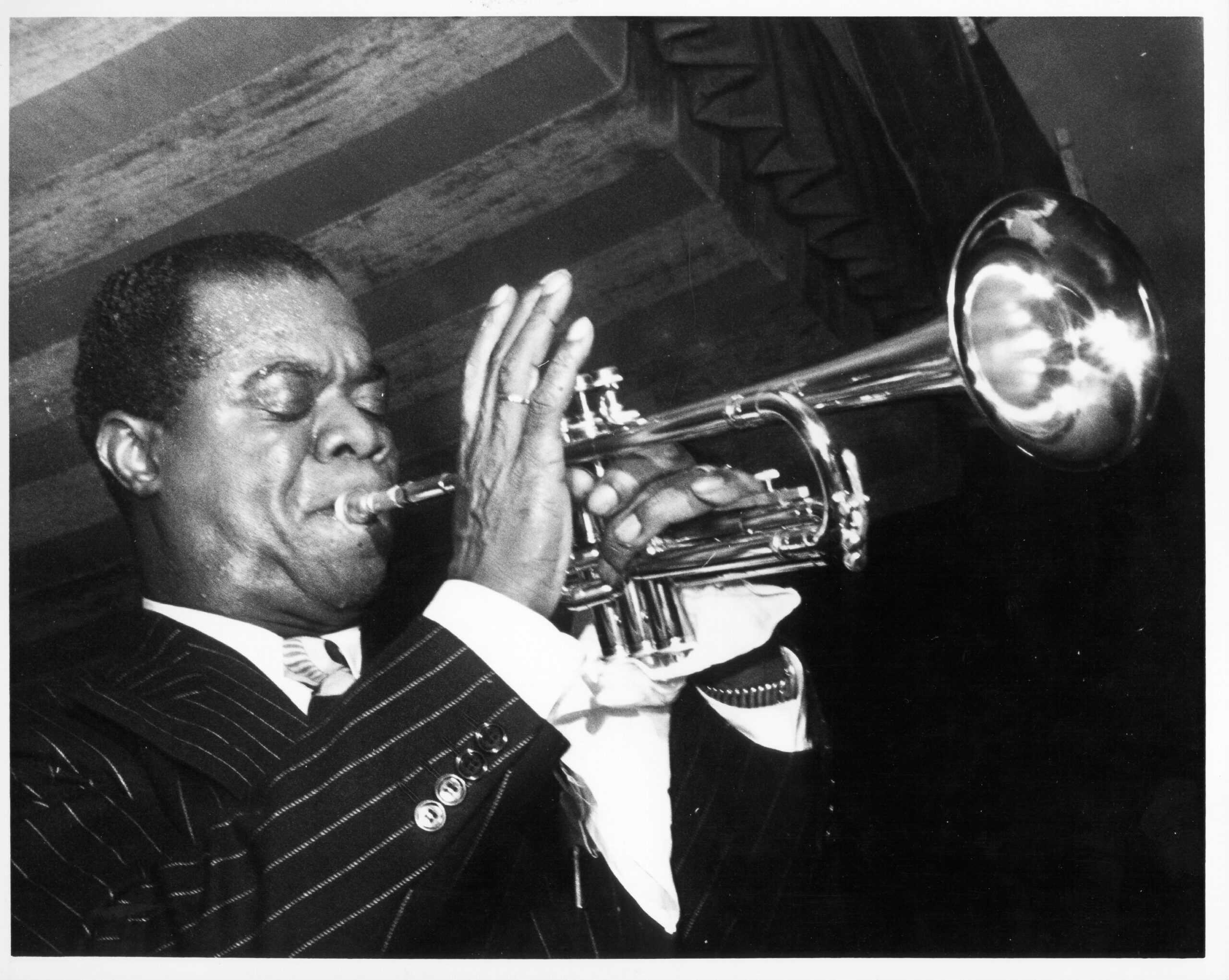
24/7 Wall St. Insights
- Interest in jazz among millennials has soared in the last decade.
- Millennials are the largest demographic in the U.S.
- Investors should take stock on the millennials’ economic power.
- Also: 2 Dividend Legends To Hold Forever
Jazz music has attracted young listeners since its inception. Many iconic jazz musicians got their start in the their mid twenties, such as Louis Armstrong and Charlie Parker. Millennials typically associate jazz music with coffee shops, cocktail lounges, and other venues that provide a pleasant and sophisticated atmosphere to gather socially.
Millennials, aged 28 to 43 have staunch opinions when it comes to their least liked jazz musicians. 24/7 Wall St. gathered the results of a poll conducted by YouGov.com. We generated a list from the survey of The Most Popular Jazz Music Artists (Q2 2024). Respondents were asked whether they had a favorable opinion of each jazz music artist. We listed the 15 musicians with the smallest percentage of favorable ratings out of all millennial respondents.
Why Are We Covering This?

As of 2023, the millennial demographic is the largest cohort, with an estimated 72.7 million individuals, surpassing Baby Boomers, Gen X, and Gen Z. With millennials making up close to 22% of the U.S. population, they clearly demonstrate a substantial economic influence. Want to know more about what millennials prefer? Check out this article about the most popular clothing brands.
15. Grover Washington, Jr.
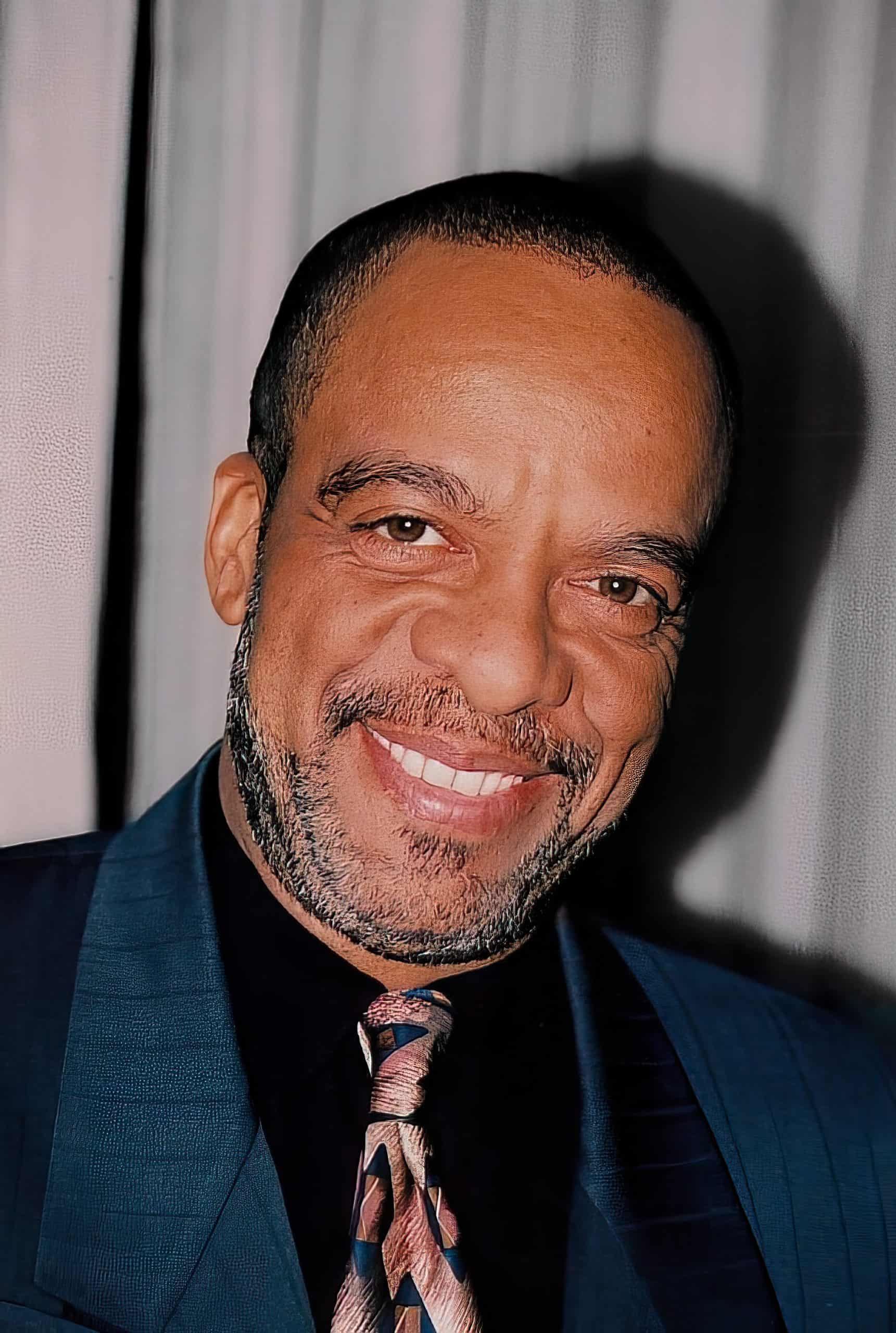
-
Percentage of millennials with a favorable opinion: 38%
Coming in at number 15 is Grover Washington, Jr. The Grammy award-winning saxophonist was known for both his “soul-jazz” and “jazz-funk” style. Washington is considered as one of the founding musicians within the smooth jazz genre. Some of his greatest hits were released during the 1970s and 1980s, including “Let if Flow,” “Black Frost,” and “Reed Seed.” In 1992, he was inducted into the Philadelphia Music Alliance Walk Of Fame. Although Washington’s contributions to the jazz music was significant, his influence may have been obscured by other more popular musical figures, hence the lower popularity among millennials.
14. Diana Krall
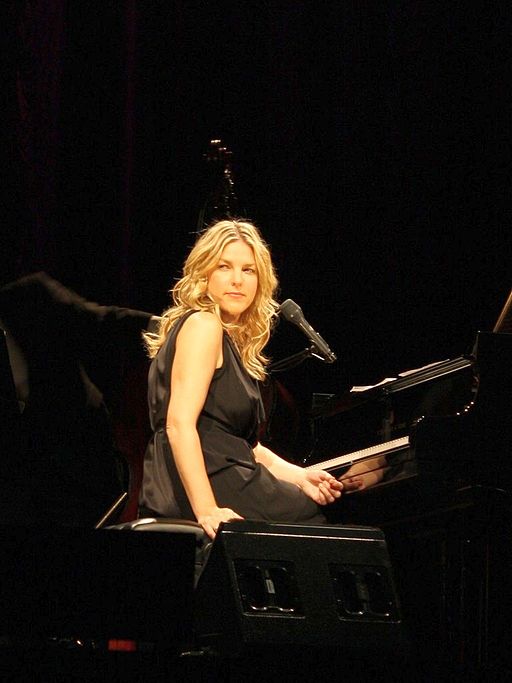
- Percentage of millennials with a favorable opinion: 38%
On December 11, 2008, Canadian-born jazz pianist and singer Diana Krall was named the second greatest jazz artist of the decade (2000-2009) by Billboard. Krall has earned numerous awards, including three Grammy Awards and eight Juno Awards. She has also earned three platinum, seven multi-platinum, and nine gold albums. As an accomplished producer, Krall also helped produce Barbara Streisand’s album, “Love is The Answer,” which was released on September 29, 2009. As far as why millennials are not too keen on this accomplished jazz artist, one can only guess that Krall’s music really peaked during the 1990s to early 2000s, making it difficult for younger millennials to be exposed to her music.
13. Fats Navarro
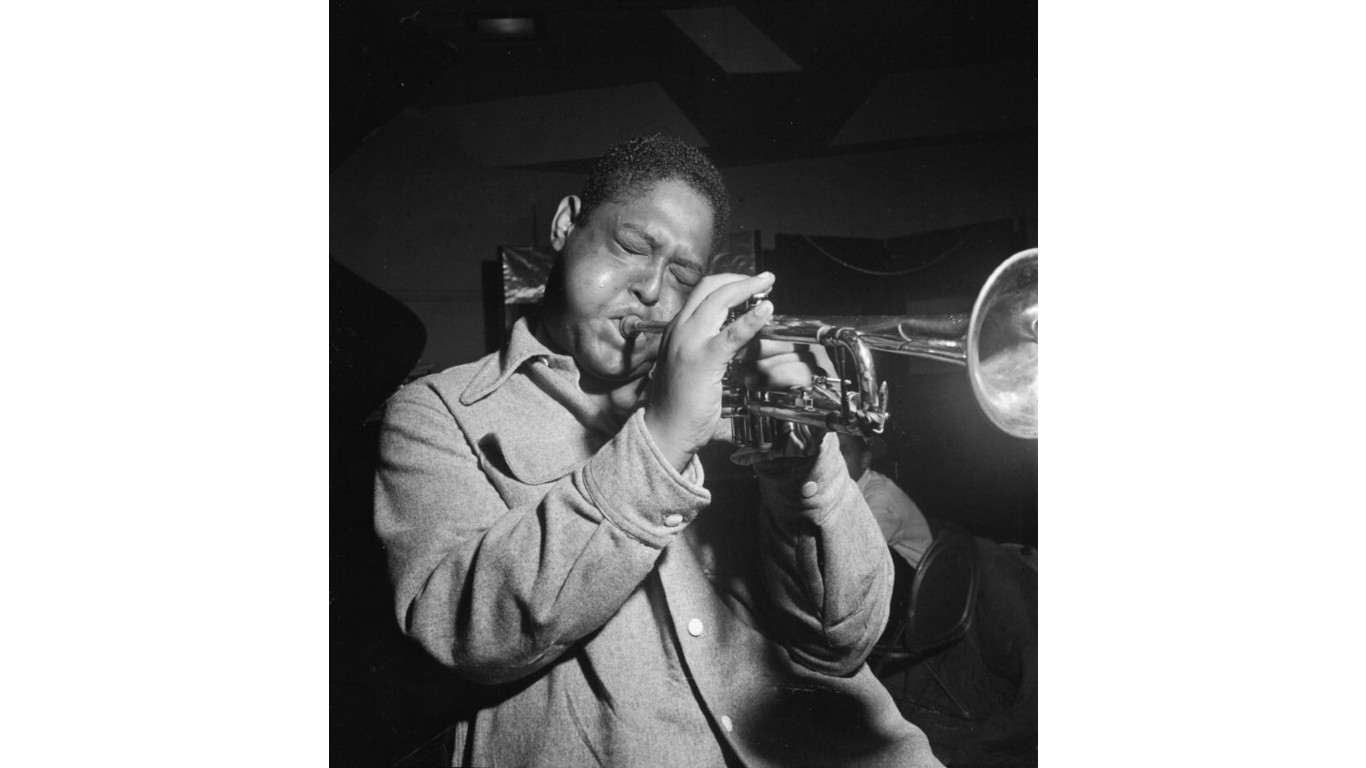
- Percentage of millennials with a favorable opinion: 38%
Key West, Florida native Theodore “Fats” Navarro was considered a pioneer in the bebop style when it came to jazz improvisation. Navarro earned the nickname “Fats” due to the fat tone he produced from his trumpet. He began playing the trumpet at age 13 and later played the trumpet and the tenor saxophone professionally. Upon leaving Florida, he moved to the Midwest where he continued to fine tune his trumpet skills by touring with big bands. As he grew weary of touring, he settled in New York City in 1946 where he took part in small group recording sessions. Navarro was a prominent trumpeter during the 1940s, and his career was tragically cut short by his death in 1950. This early end makes it even more challenging for millennials to fully appreciate the extent of Navarro’s remarkable talent.
12. Dinah Washington
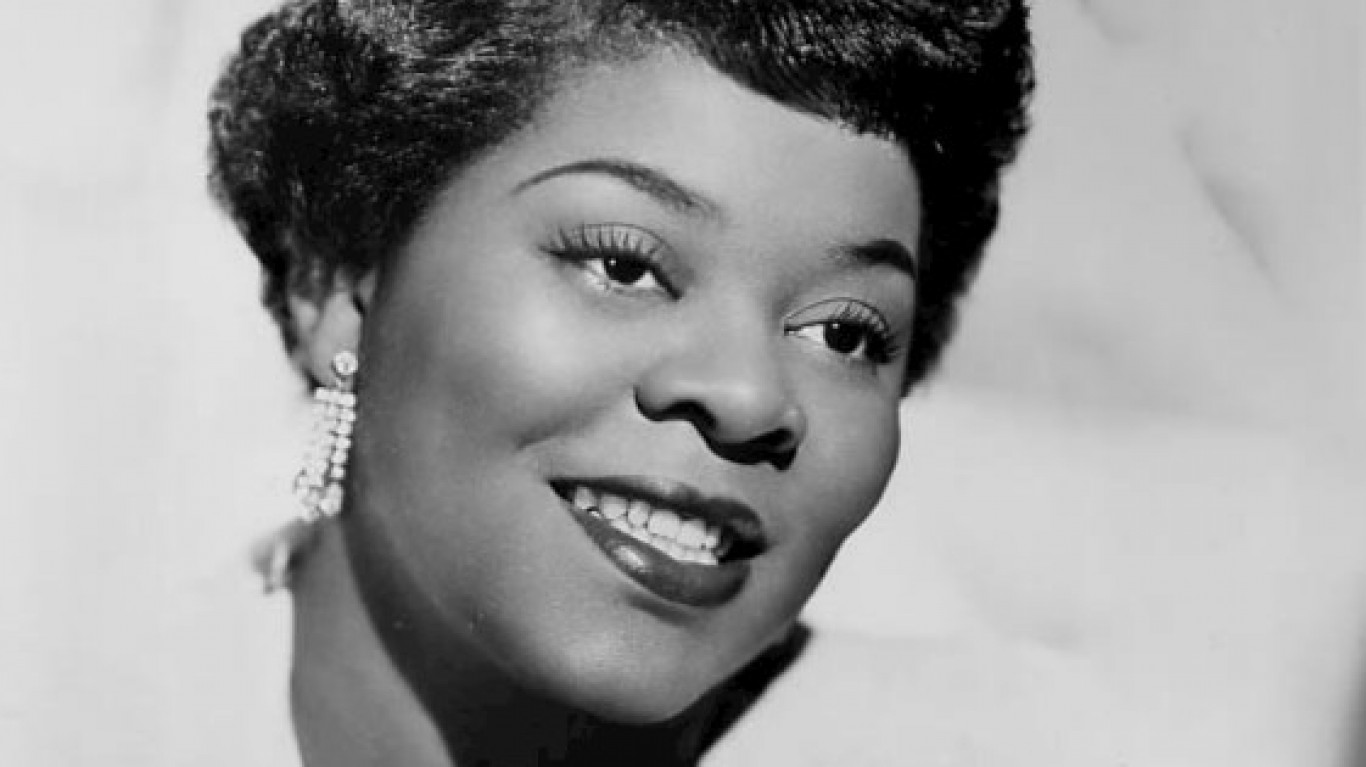
- Percentage of millennials with a favorable opinion: 38%
Dubbing herself the “Queen of the Blues,” Dinah Washington recorded in a variety of genres, such as traditional pop music, blues, and R&B. Washington got her start singing gospel songs and playing piano in church. She later became the co-founder of the Gospel Singers Convention. She had her first top-ten hit, “What a Diff’rence a Day Made,” in 1959. It reached the number four spot in the U.S. pop charts. She appeared in various festivals, including the International Jazz Festival in Washington, D.C. in 1962, the Randalls Island Jazz Festival in New York City in 1959, and the Newport Jazz Festival. As Dinah Washington’s fame was mainly rooted during the middle portion of the 20th century, along with her early death at age 39, it is quite possible that millennials would not have enough exposure to her music.
11. Keith Jarrett
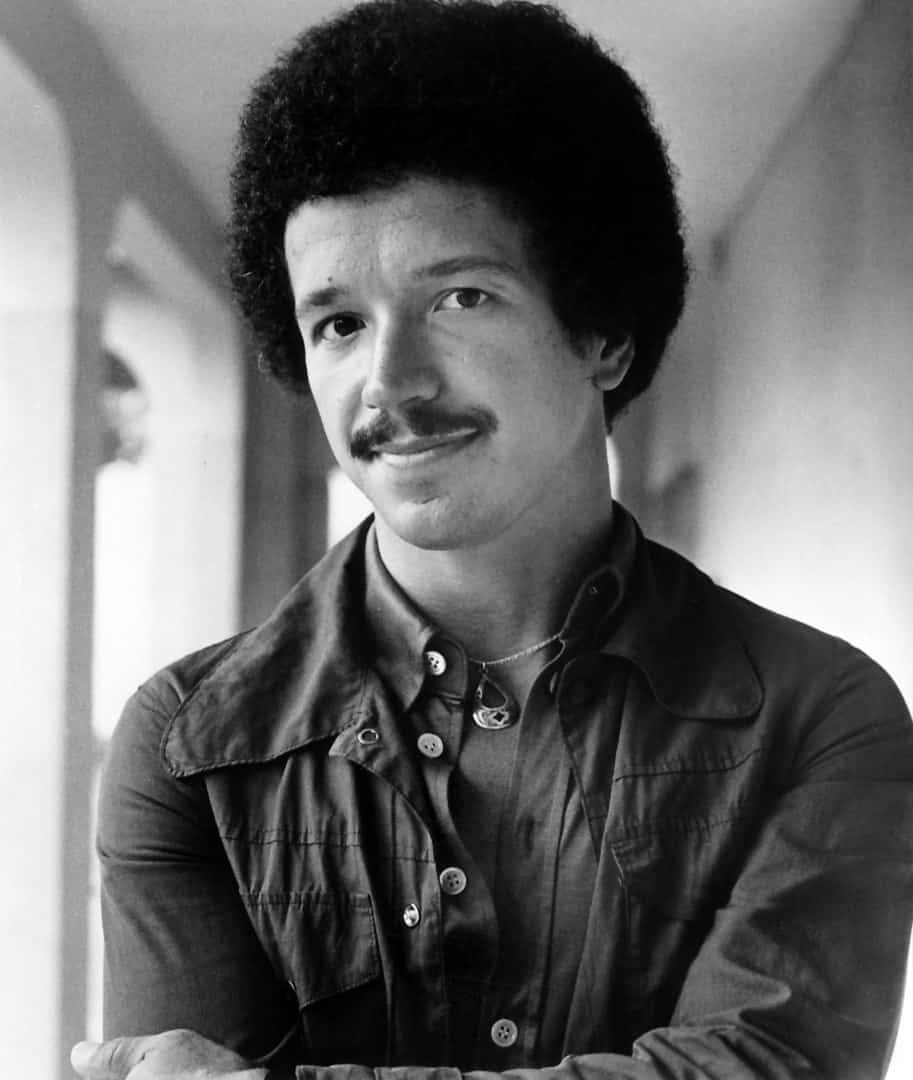
- Percentage of millennials with a favorable opinion: 38%
Keith Jarrett’s work can be traced back to the early 1970’s. He specialized in jazz, jazz fusion, as well as classical music. He has played with iconic jazz greats, including Miles Davis. The Köln Concert, released in 1975, is considered the best-selling piano recording of all time. Jarrett is renowned as a multi-instrumentalist, with expertise in drums, soprano saxophone, organ, clavichord, and harpsichord. Jarrett received the Léonie Sonning Music Prize in 2004, an honor previously bestowed only upon Miles Davis. Jarrett’s style of jazz music can be labeled as improvisational and therefore not as accessible to the millennial audience.
10. Charles Mingus
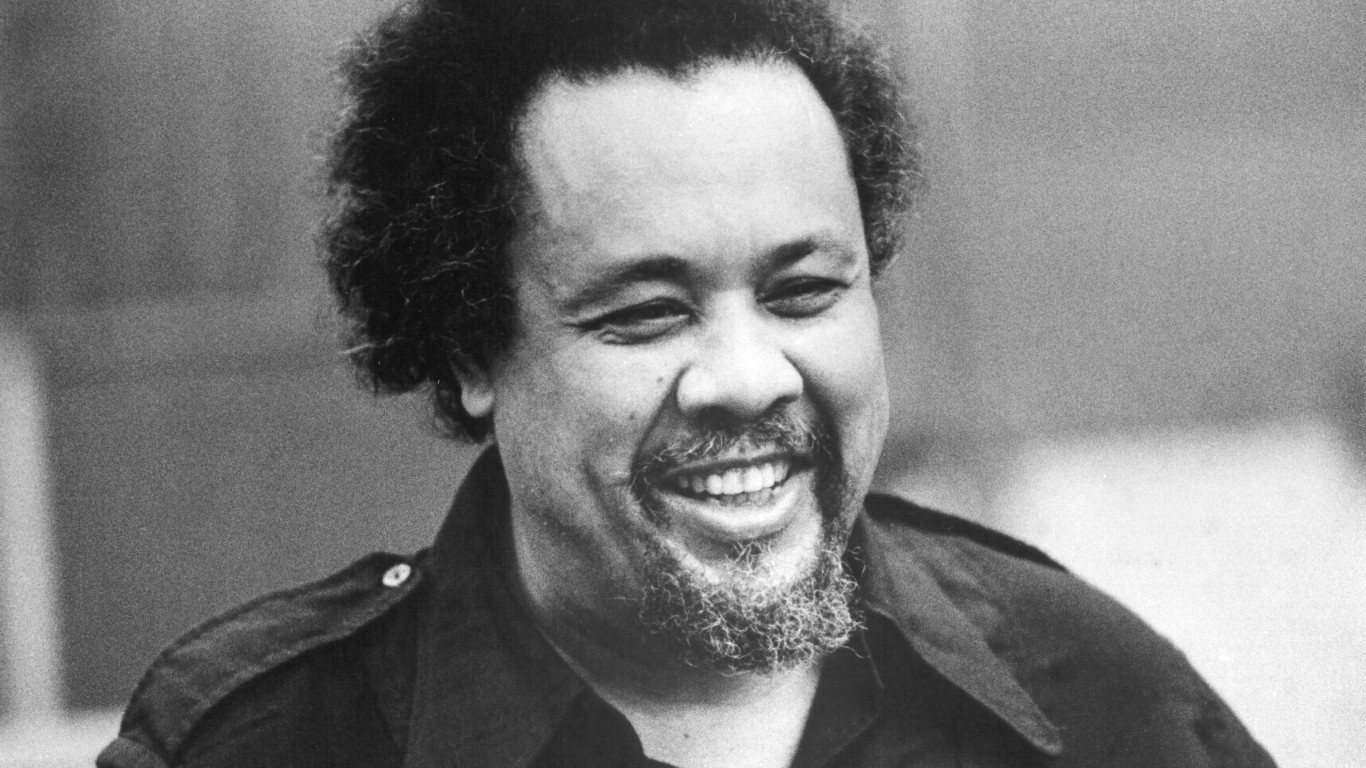
- Percentage of millennials with a favorable opinion: 38%
Mingus’ career spanned 30 years, with notable collaborations with iconic jazz greats including Eric Dolphy, Charlie Parker, and Duke Ellington. His work included the genres of advanced bebop and avant-garde jazz. Influenced by the work of Duke Ellington, Mingus studied the trombone and the cello. Later developing into a bass prodigy, Mingus joined Louis Armstrong on tour in 1943. In 1971 he was inducted into the Down Beat Jazz Hall of Fame. As far as millennials being exposed to Charles Mingus’ music, it would make sense that only those who have studied the history of jazz would more likely come across his work.
9. The Manhattan Transfer
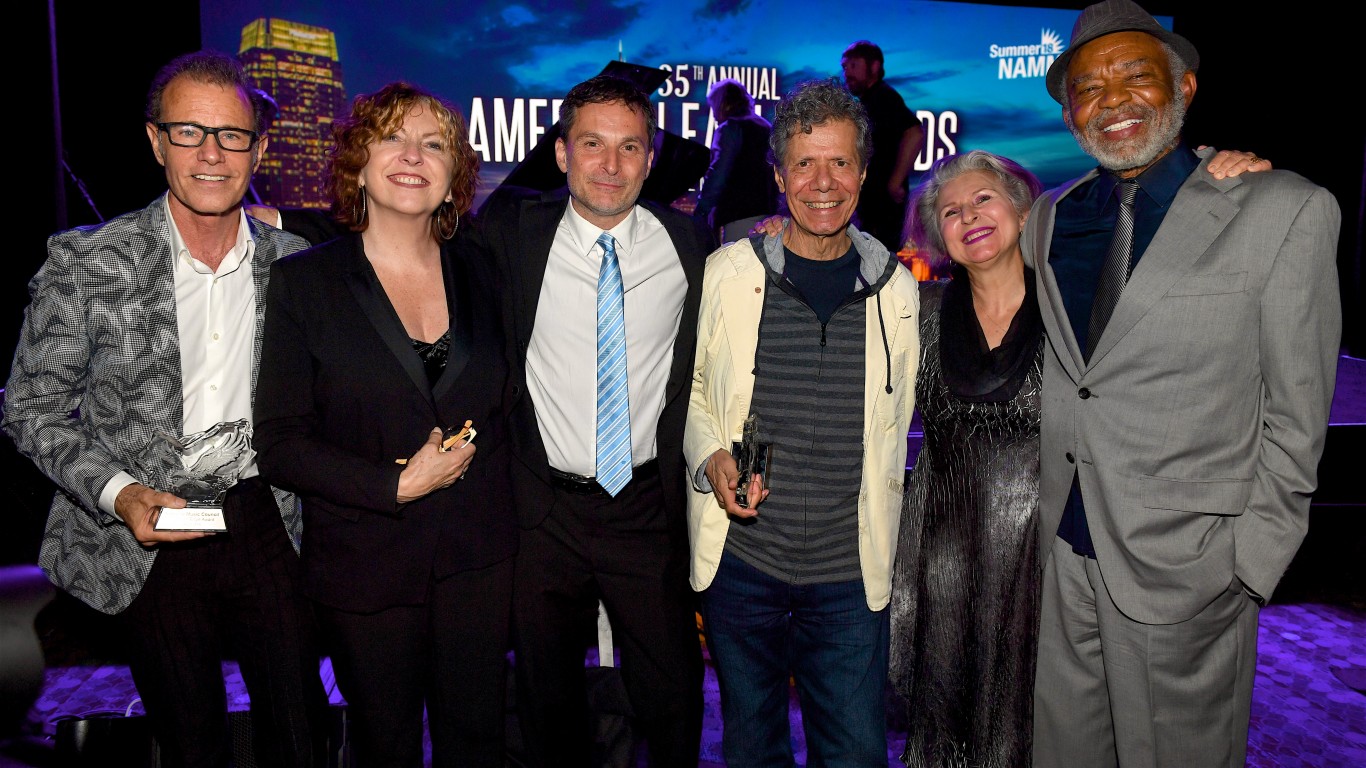
- Percentage of millennials with a favorable opinion: 37%
The Manhattan Transfer is an American vocal group that sings in a variety of genres, including a cappella, Brazilian Jazz, rhythm and blues, swing, and pop music. Although the vocal artist lineup has varied over the years, Tim Hauser has become a constant member throughout its existence. The group has received as much as 10 Grammy awards in numerous categories, showcasing their versatile talent. The sound of The Manhattan Transfer might appeal to a more eclectic taste than what is commonly embraced by millennials.
8. Dave Brubeck
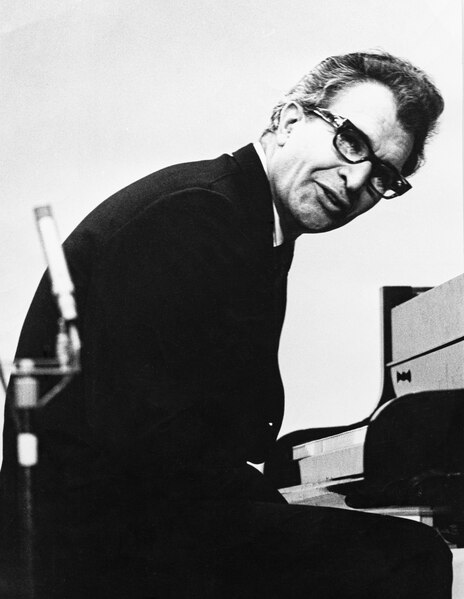
- Percentage of millennials with a favorable opinion: 37%
David Brubeck was a highly influential figure within the cool jazz movement. What made Brubeck’s work unique was that he overlayed contrasting rhythms, used unusual time signatures, and combined different genres such as jazz and blues. He won numerous awards, including a Grammy Lifetime Achievement Award in 1996. He received an honorary Doctor of Music degree from Berklee College of Music and was inducted into the California Hall of Fame in 2008. Millennials are most likely to develop an appreciation for Brubeck’s work through family influence and educational exposure.
7. Art Blakey
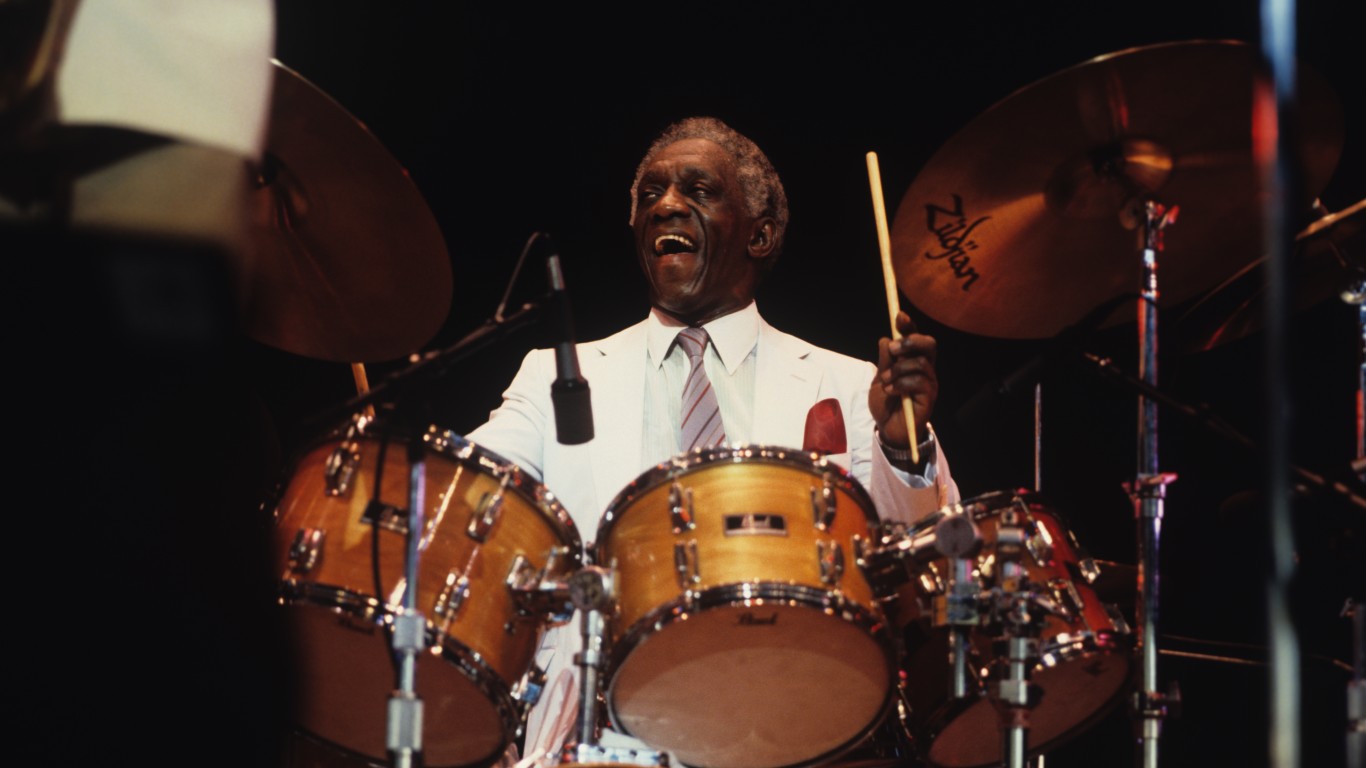
- Percentage of millennials with a favorable opinion: 37%
Like many jazz musicians, Art Blakey’s start in music began in his local church. Blakey mastered the art of playing piano, but also moved on to becoming proficient at playing drums. So much so that he went onto establish a successful music career for 60 years. His career led him to work with other jazz greats, including Dizzy Gillespie and Charlie Parker. In 1981 he was inducted into the Down Beat Jazz Hall of Fame. After Blakey’s death, he was inducted into the Modern Drummer Hall of Fame in 1991. Art Blakey’s legacy is also more likely to be remembered by millennials who have invested time to dive into the history of jazz.
6. Mary Lou Williams
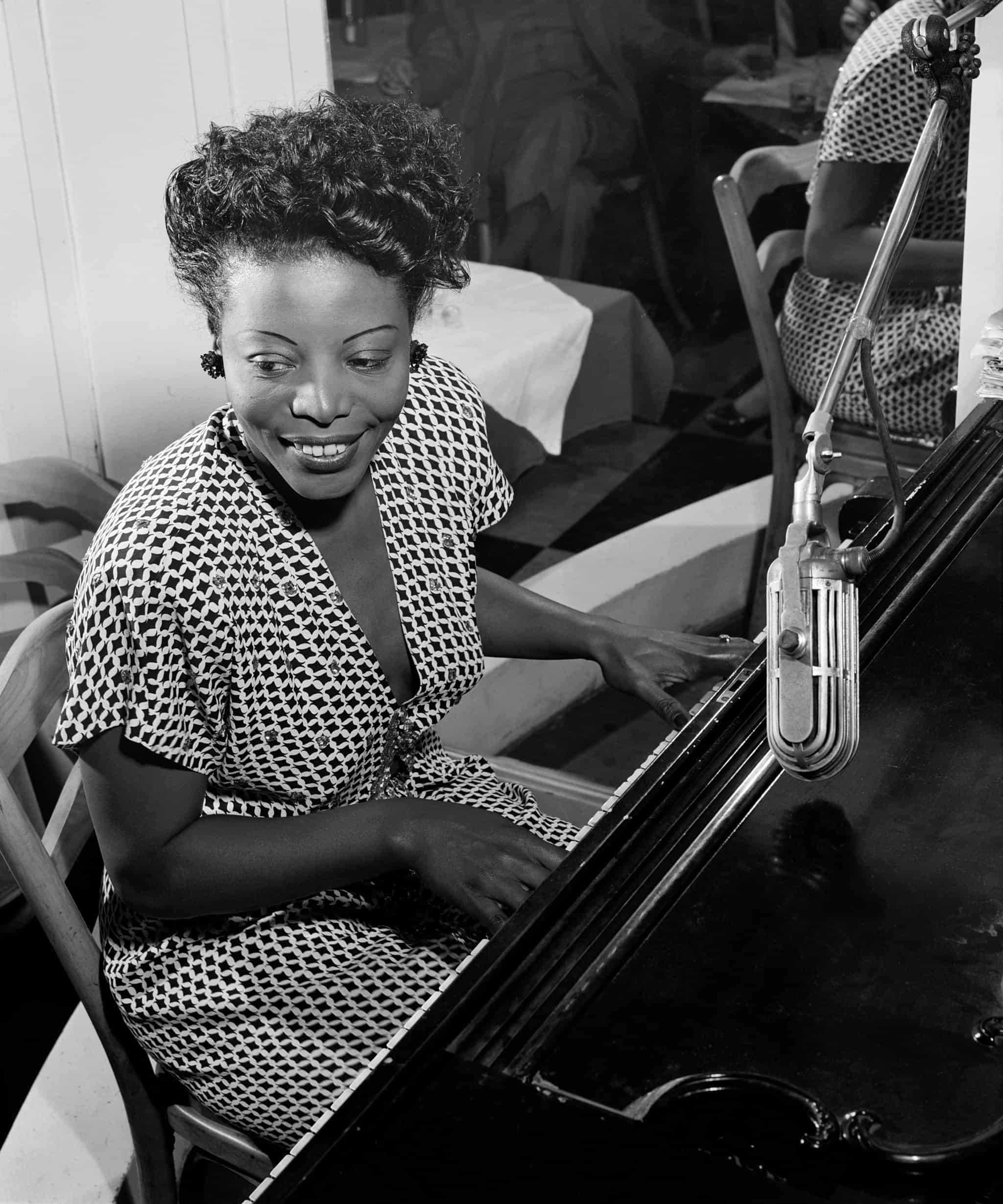
- Percentage of millennials with a favorable opinion: 37%
Recording over 100 records, Mary Lou Williams was a musical prodigy by the age of two. At three years of age, she began taking piano lessons with her mother. She went on to become a professional musician by the age of 15. Her greatest musical influence was Lovie Austin. Williams arranged and wrote music for Benny Goodman and Duke Ellington. She also become a mentor and teacher to Miles Davis, Charlie Parker, and Dizzy Gillespie, just to name a few. Millennials who appreciate classic jazz are more likely to appreciate the work of Mary Lou Williams.
5. Al Jarreau
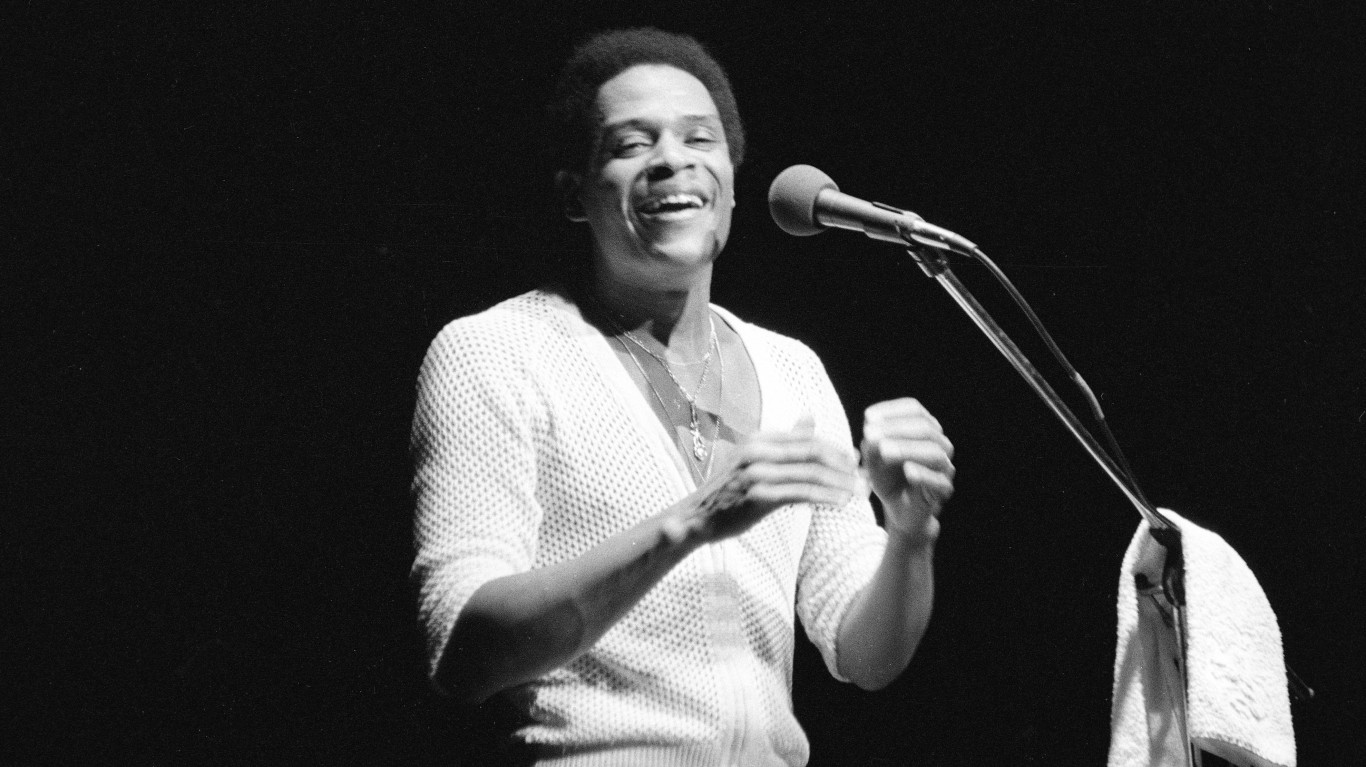
- Percentage of millennials with a favorable opinion: 37%
Performing at a small jazz club in San Francisco, Jarreau discovered his love of singing and decided to pursue this as a career. In 1975, while performing at a cafe, he was recruited by a Warner Bros. Records talent scout, where he then signed a recording contract. His first album under Warner Bros. called, “We Got By” received wide acclaim. During the same year, he was awarded a German Grammy for Best New International Soloist. Al Jarreau won a total of seven Grammy Awards throughout his career. Despite his global popularity, Al Jarreau could gain greater appreciation by being featured more prominently on streaming services, where millennials are most likely to discover his music.
4. Herb Alpert
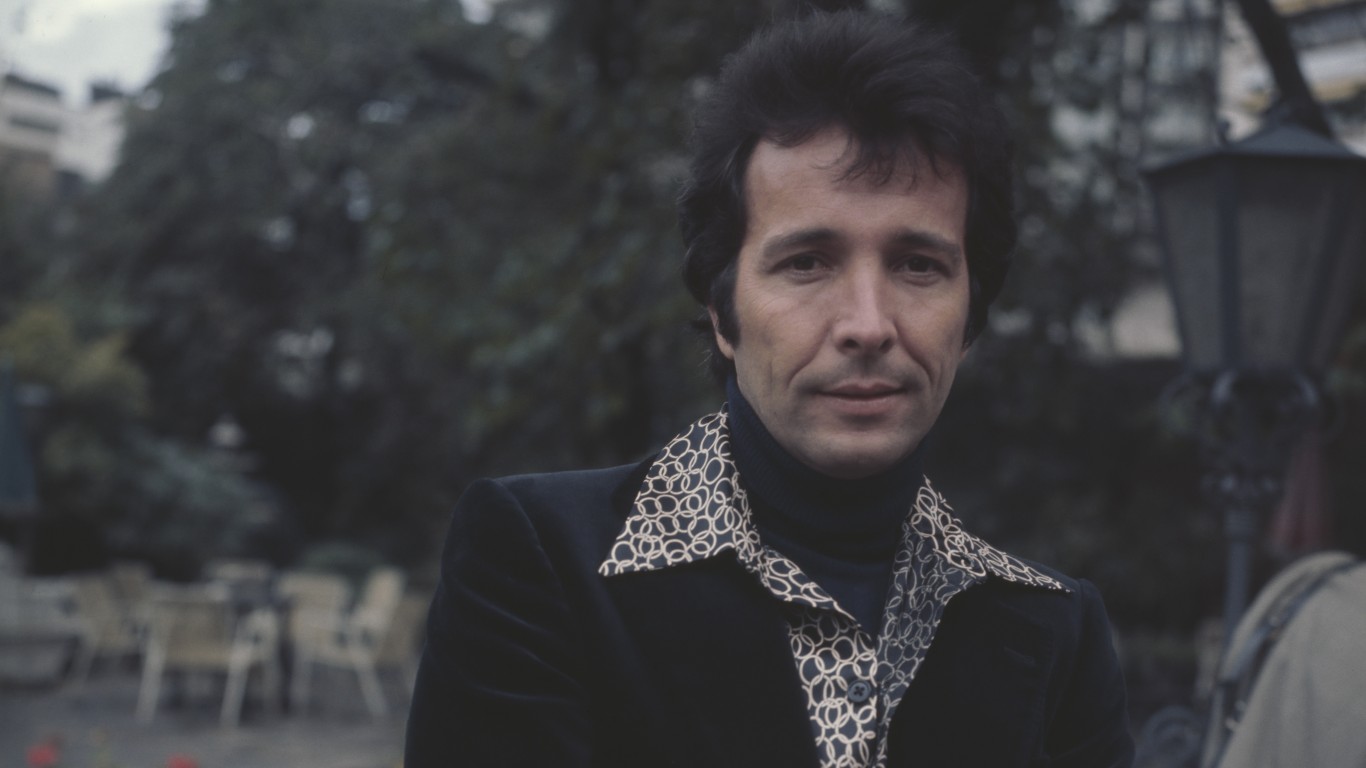
- Percentage of millennials with a favorable opinion: 36%
During the 1960s, Herb Alpert was the leader of the band called, Herb Alpert & the Tijuana Brass. He also co-founded A&M Records with Jerry Moss. Alpert has enjoyed much success, selling over 72 million records worldwide. Plus, 28 of his albums have appeared on the U.S. Billboard 200 chart. The accolades don’t end there, he has earned eight Grammy Awards, a Tony Award, and he Grammy Lifetime Achievement Award. Alpert was also inducted into the Rock and Roll Hall of Fame in 2006. On September 25, 2023, he made his debut at The Grand Ole Opry at the age of 88. Given that Alpert’s success peaked during the 1960s, millennials are less likely to come across his work as they generally are drawn to more contemporary artists.
3. Yussef Dayes

- Percentage of millennials with a favorable opinion: 35%
Well-known within the contemporary jazz scene in South London, Yussef Dayes formed the band, United Foundations. Their musical style featured Afro-beat styling combined with forward looking rock as well as jazz. Their debut album, “Galaxies not Ghettos,” was released in 2011. Dayes drew inspiration from his father’s reggae and jazz records as well as his mother’s love for country music. Although Dayes’ band was set to perform in South By Southwest in 2017, they were denied entry due to immigration issues. While some millennials may have encountered their music, there has not been widespread exposure of this band to the broader audience.
2. Gregory Porter
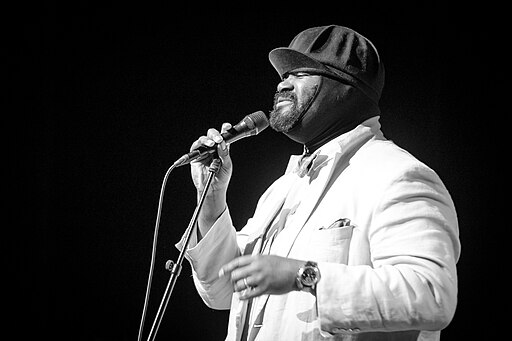
- Percentage of millennials with a favorable opinion: 34%
Gregory Porter was encouraged to sing in church at a very early age. Porter’s music has been well received by the press, with The New York Times describing Porter as a “a jazz singer of thrilling presence…” At the 53rd Annual Grammy Awards, Porter’s debut album “Water” received the nomination for Best Jazz Vocal album. His second album, “Be Good” has also received critical acclaim. Although Gregory Porter’s music can be described as more contemporary jazz, millennials who prefer a more classic style may not find his music appealing.
1. Kurt Elling
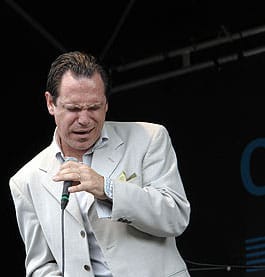
- Percentage of millennials with a favorable opinion: 32%
Coming in at number one, as the least popular jazz musician according to millennials is Kurt Elling. Kurt Elling also got his start in jazz as a singer by playing various musical instruments and singing in church. After leaving the University of Chicago Divinity School, Elling was focused on becoming a Jazz vocalist. He’s won Grammy Awards for Best Vocal Jazz Album for Dedicated to You (2009) and Secrets Are the Best Stories (2021). Ranked as the least favorite among jazz musicians by millennials, this could be due to Elling’s inability to resonate with the broader millennial audience.
It’s Your Money, Your Future—Own It (sponsor)
Retirement can be daunting, but it doesn’t need to be.
Imagine having an expert in your corner to help you with your financial goals. Someone to help you determine if you’re ahead, behind, or right on track. With SmartAsset, that’s not just a dream—it’s reality. This free tool connects you with pre-screened financial advisors who work in your best interests. It’s quick, it’s easy, so take the leap today and start planning smarter!
Don’t waste another minute; get started right here and help your retirement dreams become a retirement reality.
Thank you for reading! Have some feedback for us?
Contact the 24/7 Wall St. editorial team.




